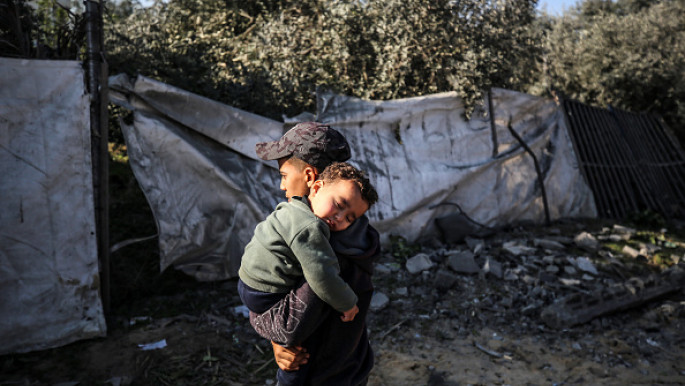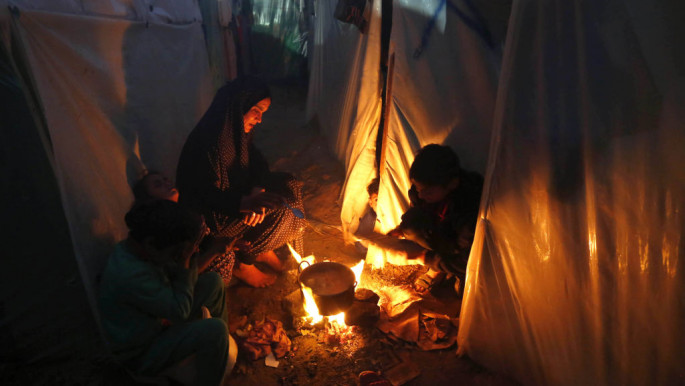Five individuals were arrested in northern France for suspected involvement in a "terrorist conspiracy".
Five people were arrested in northern France on Friday as part of an investigation into a criminal terrorist conspiracy, the national anti-terrorist prosecutor's office said.
A source close to the case confirmed to AFP that they had been taken into police custody, but gave no further details of their suspected crimes.
The arrests took place in Nancy and two other towns in the Meurthe-et-Moselle department of northern France, the source said.
The suspects, picked up by the intelligence services, belong to an Islamist movement, according to another source.
On Friday, Interior Minister Gerald Darmanin called on local authorities to "maintain extreme vigilance" over the Christmas and Epiphany festivities, due to the "very high level of terrorist threat that continues to exist".
It has long been argued that France’s extreme emphasis on secularism already singles out Islam and ties into France’s recent history of colonialism in the Muslim world, with it being accused of treating its significant Muslim minority as colonial subjects alien to France rather than fully integrated citizens.
The ban on the abaya, a modest dress worn by some Muslim women, introduced in French schools in September has been cited as one recent example of this.
Not only do critics of French state policy against Muslims, which also includes ‘anti-separatism bill’, see it as Islamophobic and racist, but they also say it violates the original intentions of secularism.
For example, Philippe references the 1905 secularism law, which enshrines the separation of religion from every facet of the French state, but by advocating a state-run organisation to impose itself on Muslims, Philippe is violating the part of the law that also enshrines freedom of religion - but only for Muslims.
Critics have said that laws that single out religious or ethnoreligious minorities for regulation by the state have scarcely been seen in Europe since the Nazis introduced the Nuremberg Laws against German Jews in 1935.















